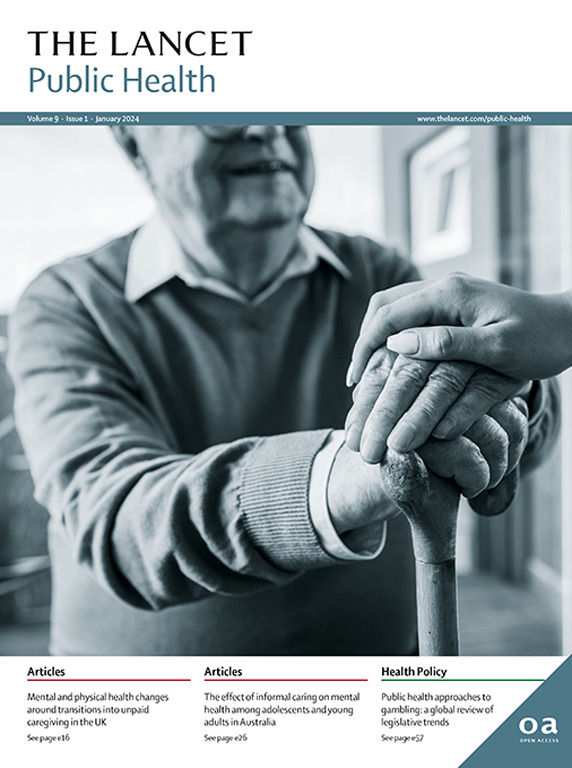Towards opioid access without excess
IF 25.4
1区 医学
Q1 PUBLIC, ENVIRONMENTAL & OCCUPATIONAL HEALTH
引用次数: 0
Abstract
A decade after World Health Assembly Resolution 67.19 recognised palliative care as a component of comprehensive care and universal health coverage throughout the life course, a balanced approach to opioid access remains elusive. Disparities in the alleviation of serious health-related suffering persist, characterised by two parallel opioid-related public health crises: a pandemic of unrelieved pain and an opioid addiction epidemic. The pain pandemic is largely driven by the opioid access abyss and primarily affects over 50 million people with serious health-related suffering living in low-income and middle-income countries. Conversely, several high-income countries have been affected by an opioid addiction epidemic. An estimated 39·5 million people struggle with opioid use disorder worldwide, the vast majority living in North America. In this Viewpoint, we describe these parallel crises, argue for pain relief as a global public good, and identify stewardship roles of WHO member states and local actors to use a balanced approach in galvanising the global health system to simultaneously close the global pain divide and move towards opioid access without excess in alignment with Sustainable Development Goal targets focused on the prevention of substance abuse (3.5) and universal health coverage (3.8).求助全文
约1分钟内获得全文
求助全文
来源期刊

Lancet Public Health
Medicine-Public Health, Environmental and Occupational Health
CiteScore
55.60
自引率
0.80%
发文量
305
审稿时长
8 weeks
期刊介绍:
The Lancet Public Health is committed to tackling the most pressing issues across all aspects of public health. We have a strong commitment to using science to improve health equity and social justice. In line with the values and vision of The Lancet, we take a broad and inclusive approach to public health and are interested in interdisciplinary research.
We publish a range of content types that can advance public health policies and outcomes. These include Articles, Review, Comment, and Correspondence. Learn more about the types of papers we publish.
 求助内容:
求助内容: 应助结果提醒方式:
应助结果提醒方式:


